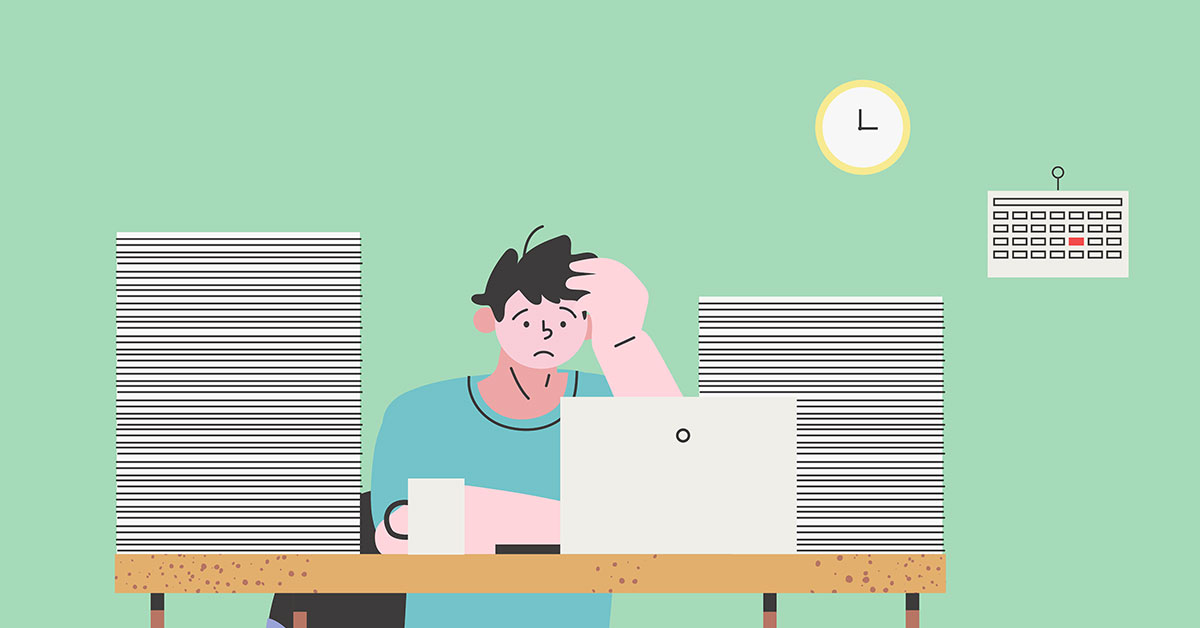In today’s guest article, Mark Simmonds, creative agency founder and author of Beat Stress at Work, shares key insights on how to manage stress levels by drawing on internal resilience for better wellbeing in the workplace.
Resilience has been one of THE corporate buzzwords during the last 10 years. “It’s your ability to withstand adversity and bounce back and grow despite life’s downturns,” says Amit Sood, MD, the executive director of the Global Center for Resiliency and Well-Being. And let’s be honest, a great number of the world’s population have had to demonstrate a healthy dose of resilience during the last couple of years to survive the pandemic intact. Both physically and mentally.

But How Exactly Do You Become More Resilient? How Do You Strengthen Your Resilience Muscles?
A quick but relevant diversion first before I answer the question…
The Anorexia Wars took place between 2012 and 2018. Our daughter, Emily, had just turned 16, when she developed this brutal illness, the most fatal of all mental disorders. During this six-year period, she was unable to take her A-Level exams, spent a year in three eating disorder clinics, self-harmed, threatened suicide, and suffered from severe depression and anxiety. Her weight dropped to 70 pounds, and at her lowest point, she had a tube inserted into her nose to give her the nutrition she needed to stay alive.
My wife, Mel, and I were fully pre-occupied with our daughter throughout the time of her illness. If plan A didn’t work, we would resort to plan B, and then plan C, plan D… I think that we went through almost every letter in the alphabet. But the good news is that our daughter did recover fully, eventually, and Mel and I also survived the ordeal intact. Just.
What is the point of this story and how does it relate to the world of business?
Well, it taught me something really important about resilience. As parents, we were able to get through this very difficult time, mainly because we developed the resilience muscle. This gave us the strength we needed to continue with the struggle. And this was possible for two reasons. Firstly, there was a cause worth fighting for – the health and life of our daughter. And secondly, we were prepared to fully commit ourselves to the cause and everything else in our lives was relegated into second place for most of the time. And the bonus in the pack was that once the Anorexia Wars finally came to an end, the resilience muscle retained its strength. It remembers. It doesn’t shrink back to its original size. So, when our business went through very difficult financial times, when we became embroiled in a couple of lengthy and costly business disputes, and when Covid-19 reared its ugly head in 2020, turning everything upside down, our ability to cope with the stresses and strains remained in place. Before, Emily’s illness, we would have buckled under the pressure, but not now.

The Resilience Muscle Brought Out The Warrior In Both Of Us. It Was Ready For More Action.
But here’s the thing. Resilience is heavily reliant on the strength of the cause you are fighting for. If you find yourself working very hard in a job without any real purpose, one with little meaning, your ability to withstand pressure when the going gets tough will be greatly diminished. Sir Captain Tom Moore was able to circumnavigate his garden 100 times, aged 99, because he gave himself the job of raising funds for the NHS. The wonderful NHS were able to put in ridiculously long shifts, confronted by death and desperation, because they were doing their absolute best to keep others alive. And Volodymyr Zelenskyy, President of Ukraine, is able to find the strength to stand up to the might of the Russian army because his job is to save his own country. In all three cases, their resilience is linked to purpose, and a total commitment to achieving the goals they have set themselves.
So, back to the corporate environment. Yes, it is important to enjoy a work/life balance, that you learn to say ‘no’ to unreasonable workloads, that you exercise enough, socialise sufficiently, and that you open up to others when you are beginning to feel the pinch. These are excellent habits of hygiene which will help keep you on the mental straight and narrow. But the real game changer is to make sure that what you are doing, day in, day out is something worth getting out of bed for. In other words, if you want to be able to withstand the pressure of achieving great things in the workplace, then make sure that these are packed full of purpose and meaning.
Because when you do find yourself under pressure in these situations, you know that somebody will be right by your side.
Your Resilience Muscle.
ABOUT OUR GUEST WRITER
Mark Simmonds
Co-Founder, GENIUS YOU
Mark has enjoyed a long and varied career, focusing on the pivotal topic of management training. He has worked with world-class enterprises, including Unilever, HSBC, Tesco, GlaxoSmithKline, Philips, Pernod Ricard, and Astra Zeneca. He has also worked with many small agencies, but currently runs his own boutique agency, GENIUS YOU. His book, Beat Stress at Work, is out now and available to purchase online here.







